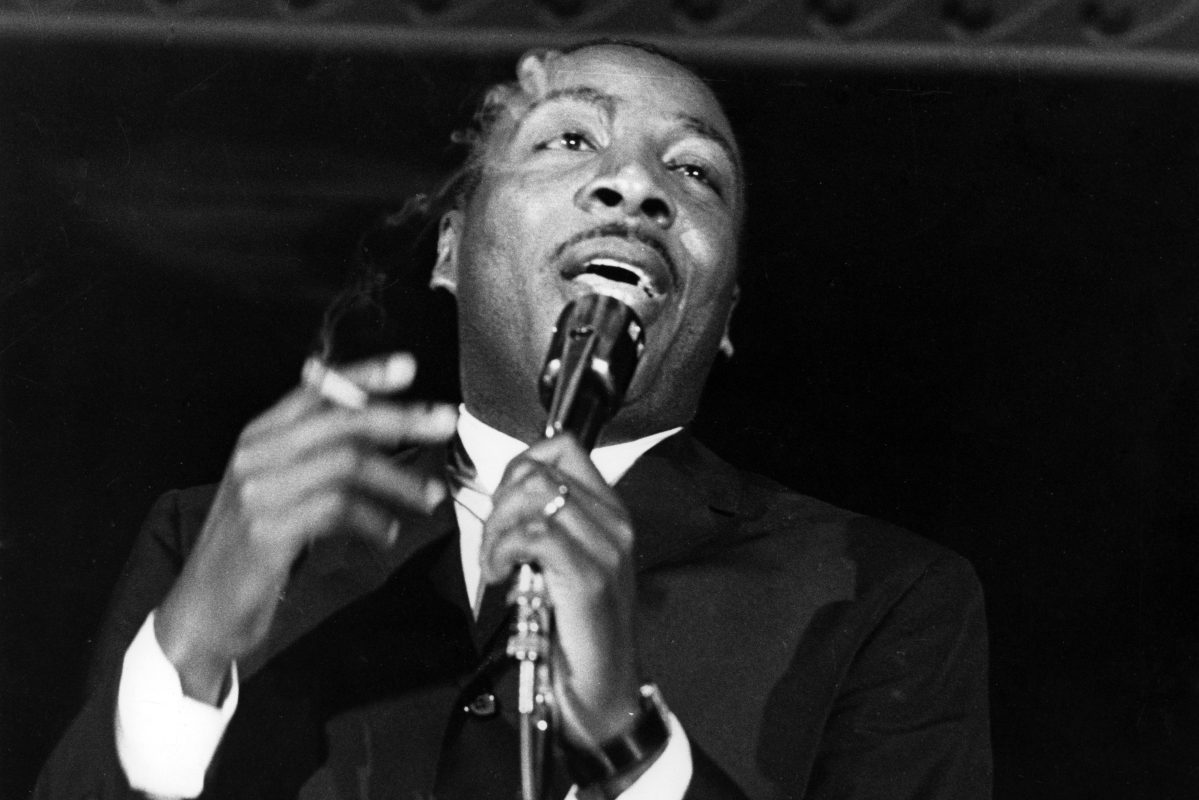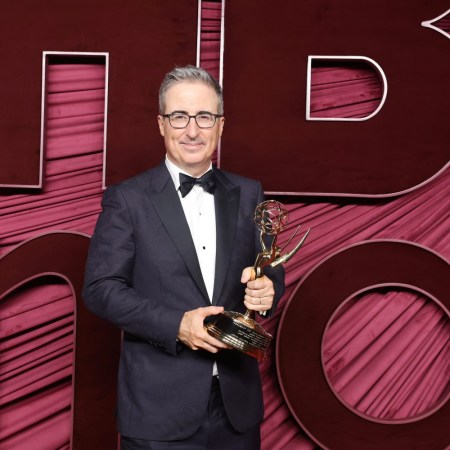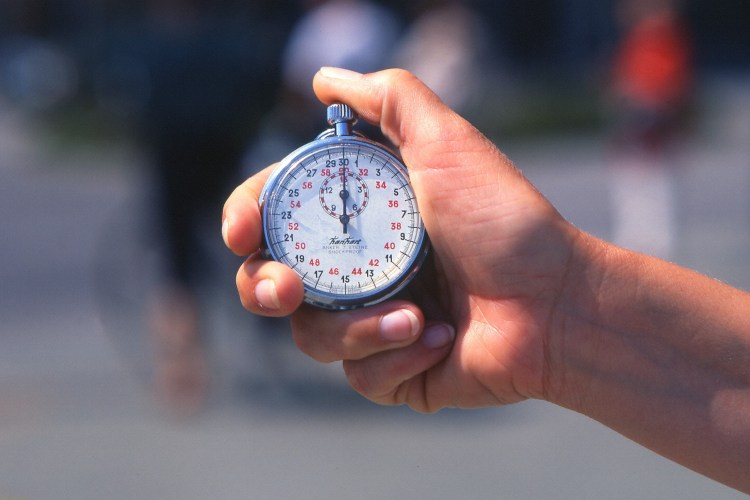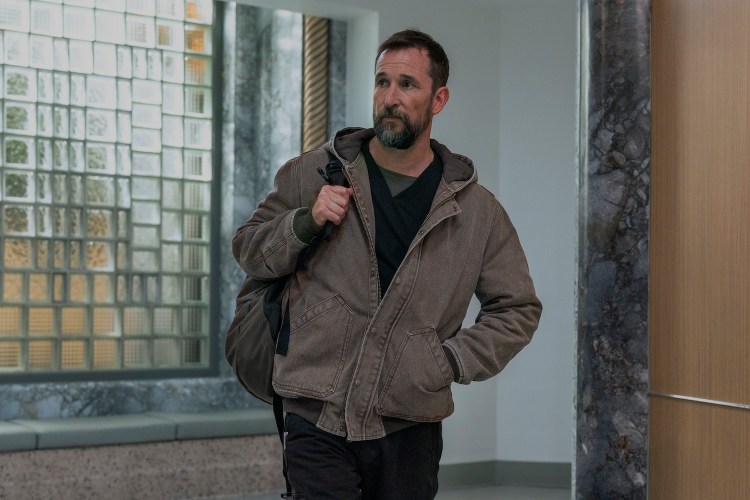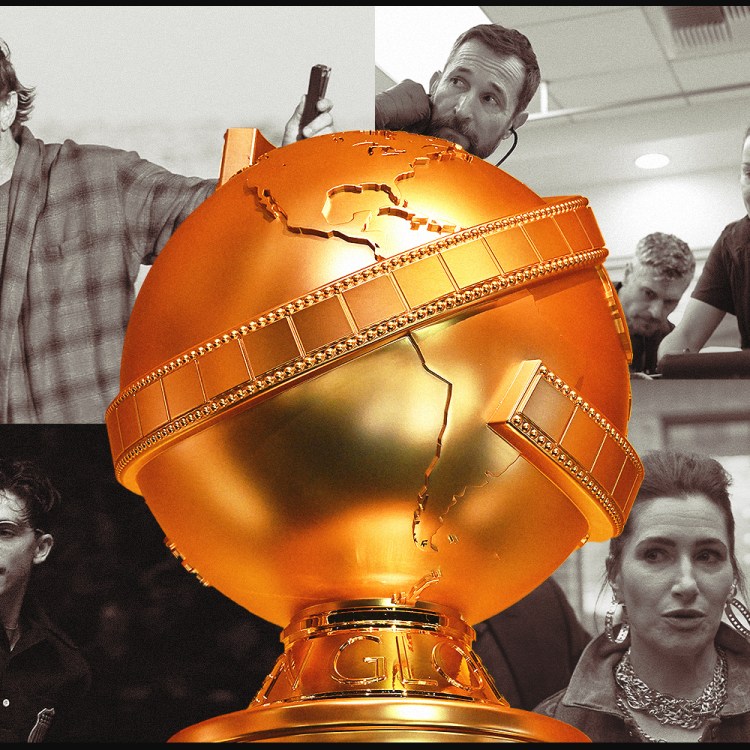Dick Gregory famously quipped: “I never believed in Santa Claus…because I knew no white dude would come into my neighborhood after dark.”
A comedian, civil rights activist and writer, Gregory broke new ground in almost every aspect of his career. Now his legacy is being explored in a new, two-part documentary series about Black comedy, Right to Offend: The Black Comedy Revolution, on A&E. It features original interviews with several notable comedians — including Chris Rock, Kevin Hart, W. Kamau Bell, Tiffany Haddish and Steve Harvey — tracing the long road of Black comedy and its roots in politics and activism.
Co-directed by Mario Diaz and Jessica Sherif, a significant portion of the docuseries is devoted to Gregory’s contributions to comedy, including the infamous night he came on the Tonight Show With Jack Carr in 1961, shocking audiences while also making them laugh. One of his jokes was: “I am really enjoying the new Martin Luther King Jr. stamp,” he said. “Just think about all those white bigots, licking the backside of a black man.”
Gregory is what some have called the bridge between Black and white America, or “integrated humor.” He performed at Hugh Hefner’s Playboy Club in Chicago to a crowd of white Southern men, cracking Ku Klux Klan jokes. It was a risk, but he made the room roar with laughter.
But even though Gregory found real fame and was critically acclaimed as a comedian, he turned it all down in 1963. He walked away from his comedy and devoted his life to activism, for both civil rights and animal rights. (He was a vegan long before it was trendy.) While it may have seemed crazy to some, Gregory used his celebrity to draw attention to these causes, which were way more important than making people laugh, and spent the rest of his life writing books and lecturing around the country, until his passing in 2017.
Gregory’s son, Christian Gregory who helped manage his father’s career at the end of his life and appears in the series, talks to InsideHook on his father’s comedy legacy, growing up around Richard Pryor and what it was like being a vegan in the 1970s.
InsideHook: Are you happy your father gets the attention he deserves in this docuseries?
Christian Gregory: I’m elated. I’m absolutely elated in how I felt when I first saw this docuseries, and at Tribeca Film Festival, too. It really is like a love letter to Dick Gregory from his peers. I know he would just be moved beyond belief at the opportunity to screen, witness and experience the revolution. My dad always felt that evolution is an extension of revolution.
When we think of Black comedians of the 1960s, we typically think of Richard Pryor. Sometimes, your dad has been overlooked, why is that?
That was very specifically by design. Nobody would be happier by that overlooking than my dad himself. He put considerable effort into scrubbing the minds of folks of his age, for him as a comedian. He really — and I want to be careful how I say this — it wasn’t a reflection of all entertainers of his time, just for himself, but later in his life, he became almost embarrassed of being an entertainer. Because in the 1960s, he felt like the [civil rights] work was so important, that to be caught up in fun and games was a disservice. Later in life, when he returned to comedy, he fully embraced he was able to still entertain folks, while straddling the fence and still being very outspoken. He felt like the post-Jim Crow era, when he saw men and women on the front lines, he was filled with shame. He was so comfortable and didn’t really quite grasp the magnitude of what their lives were. None of us overlooks his contribution to comedy, as he sought to rewrite that story. He really wanted to be known as a civil, human and animal rights activist, before he was seen as a comedian.
But wasn’t his outspoken style of comedy a form of comedy? Or is that me saying that in 2022, whereas it wasn’t seen that way in the 1960s?
Exactly. My dad was an unintended activist. His first activism was in high school. He broke a record in track, but Black athletes weren’t keeping records, their times didn’t count. By coincidence, he showed up at a rally and became the face of that rally, even though that wasn’t his intention. There were a ton of his contemporaries who were doing really well in comedy, and at one stand up show, by chance, [Playboy editor] Hugh Hefner caught one of my dad’s shows, and when the opportunity presented itself, he didn’t go in there saying, “I’m going to shake things up.” In hindsight, it turned out to be a moment of magnitude, what him performing at the Playboy Club in Chicago meant, performing to a white, Southern crowd, and performing at the most exciting club, at the time. For them to go there and see an intelligent Black man, whipping off topical news jokes, from today’s paper. I have to imagine that changed their perception of Black people, across the board. They saw the future that had nothing to do with their lives down south. My dad always said: “We went from Black Negro Week to Black History Month, to a Black man in a white house. Each seed was planted with the intention of connecting them like dots.” Later in his life, he was elated to see it all come together.
What can you tell us about your dad’s autobiography that he wrote in 1964?
My dad wrote 16 books. The reason he pivoted, and there’s no retirement plan in the civil rights movement, and walking away from his unfathomable amount of wealth [made in comedy] to lecture in colleges and write books. He dumped his brain into these books. Post-2017, a team of researchers and myself have gone through his works. The thing is, Dick Gregory never stopped being funny. His book was called N-word. He wrote in the introduction of the book: “This book is not for Black people, most Black people know this book because it’s their lives, too. I wrote this book for white people.” The reason why he called the book N-word was to agitate and make white people uncomfortable. You called us this word and now we’re turning it around and putting it on you. Even back in 1963 when he wrote the book, it brought tremendous shame. When he passed away in 2017, we republished the book and did an audio version with Audible. Audible made me sign a release that when I went to go talk at their campus, I could show the book cover, but could not say the N-word. Clearly, my dad’s intention of making white people uncomfortable continued to do what he wanted to do, all this time later.
What was it like growing up with a dad who was a comedian?
Hilarious. Absolutely hilarious. From being in close proximity to the greats, whether it was Richard Pryor to Dave Chapelle, Bill Cosby, they were all in my dad’s orbit, his friends. Their funniest material was never on a stage. Copious amounts of laughter. Dick Gregory going out to the dentist, the diner, every single one could have been their own sitcom. He was wildly funny. He could be funny anywhere.
What was it like growing up as a vegan with your dad?
Well, it was the 1970, so we were referred to as “health nuts.” Here comes the Gregory family ordering 30 salads and living in a 200-acre organic farm. It’s a local reality now, we’re no longer health nuts, as vegans. You can go to five-star fine dining establishments that cater to vegans. He was always future leaning, but with tremendous amounts of laughter.
What was his favorite vegan dish?
He was a good cook, so he would chop up vegetables and make his own veggie burgers. They were delicious. My dad had a wonderful relationship with Stevie Wonder. My dad was making him veggie burgers, my dad said “Stevie, you and I need to pitch this to Burger King as the ‘Wonder, wonder burger’ and be the first veggie burger as a fast-food restaurant.” And everyone died with laughter, saying that would never happen. Now, again fast-food establishments are doing just that.
What was his friendship like with Ricard Pryor?
They would go off script and you got to see their organic wit and wisdom. Their genius. Lenny Bruce, Mark Twain and Richard Pryor were my dad’s big three influences. The reason why he had so much respect for them was because they were all fearless in their opinions. Dave Chapelle was close friends with my dad since he was 15 years old. Their fearlessness. They were fearless, not reckless. When we saw Eddie Murphy come and kiss my dad’s hand, it was only later that we could comprehend his influence. He said, if you come into my world and I’m onstage, I have the right to offend you. I can’t run up to you on the street and fire bomb you with language and jokes. My dad would go to a lot of the comedy shows of his colleagues and mentees. He didn’t understand a lot of their jokes, because it’s generational. He would look at the audience and their responses to say ‘this one has it,’ or ‘this one doesn’t.’
How did the world respond when Dick Gregory gave up comedy to support the civil rights movement? He was so famous and was on a trajectory.
The world was disappointed. White people felt, here we let one of you in, and this is what you do. But real work needed to be done. But he was clear it was the right decision for him. When late night shows and comedy clubs scrambled because they knew they couldn’t book Dick Gregory, they started looking for other Black comedians. This documentary shows the historical impact of Dick Gregory’s decisions and leading by example. He was the highest paid entertainer in the country. His agents were upset, managers, lawyers were all upset. A few sued him. It was challenging for him because he knew in his heart, he was making the right decision. He always warned us, his kids, about show business.
What would he say? What were his warnings of show business?
It wasn’t him sitting there finger waving. It was him saying why he left. And so many of his friends who didn’t survive. Like what happened to Richard Pryor, and how he could have lost his life from a fire, and how his life dramatically changed. The amount of drugs and alcohol to bring comfort to the pain that entertainers experienced. Most people who see them laugh all the time, they just see the joy. They don’t see the other side, the pain. The joy is high. The pain is high too, oftentimes. My dad saw contemporaries that passed early, he was great friends with Robin Williams. He would say drugs, suicide or psychological decline happened to so many. My dad and I were business partners, I became a writer for him. He would say “you need to be onstage.” I would say, “The peace and mind, health and wellbeing of being an intellectual writer, letting other folks get caught up in the glamor, because the limelight can be blinding, and heavy.” We see that time and time again.
What advice did he give other comedians?
Dick Gregory was uber-available to all of these people. He would say, you don’t have to be political or an activist. He treated his comedy like a job. He didn’t go out to party. He had a respect for young people and wanted to show them through example. Dave Chapelle expounded at length about his relationship with my dad. He was a forefather.
This article appeared in an InsideHook newsletter. Sign up for free to get more on travel, wellness, style, drinking, and culture.
